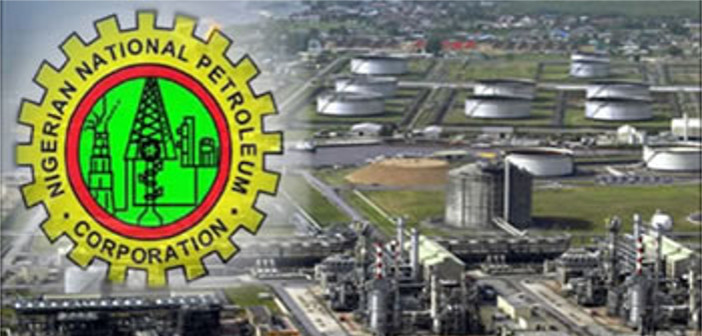Nigeria will end the importation of pms (petroleum) in 12 to 18 months this is according to the Minister of State for Petroleum, Dr Ibe Kachikwu while addressing journalists on Tuesday.
He said that government was working out modalities to ensure that it repayed the $5.1 billion arrears it owed its Joint Ventures (JV) partners within a six-month time frame. This, he said, would go a long way to restore confidence in the sector.
Kachikwu stated that the process of fixing the refineries had started and it was looking at entering into series of partnerships with investors and oil majors.
He added that partnership would be on the upgrade of the refineries and in co-location of refineries along with existing refineries.
“To fix the four refineries, the country would require about 400 million dollars and the Federal Government is considering sourcing the amount from investors. “The total revamp of the refineries is being hindered by lack of funds and investment, especially as most of the refineries are old and needed massive overhaul and refurbishment,” he said.
He said talks were already ongoing with the original builders of the refineries and some oil majors who had shown interest in investing in the upgrade of the refineries. Kachikwu said that when the refineries were finally fixed, they would contribute in building the country’s strategic fuel reserves.
On the issues of JV cash call arrears and adequate security of the pipelines and petroleum infrastructure; he said it was part of its grand plan to boost Nigeria’s crude oil output to 2.4 million barrels per day. “This is from its current position of 2.3 million barrels before the end of the year,” he explained. This, he added, would be a significant improvement from between 1.8 million and 2.1 million in the last few weeks.
Kachikwu said the Nigerian National Petroleum Corporation (NNPC) was looking at replacing almost the entirety of its pipelines because most of the pipeline networks were more than 30 years.
He noted that huge funds would be required to replace the refineries, adding that before they would be fixed, the NNPC would secure the services of host communities to protect the pipelines.
On unbundling of the corporation, the minister said it would be done into seven key business components.
He said that the subsidiaries would be broken into about 20 companies. Kachikwu identified the new business components as Upstream Company, Downstream Company, Gas and Power, Refineries, Ventures Company, Service and Finance.
“Those are the things; so when I hear unbundled to 30 companies, that is not correct,” he said. He assured that nobody would lose his job, rather the unbundling would get everybody busy




